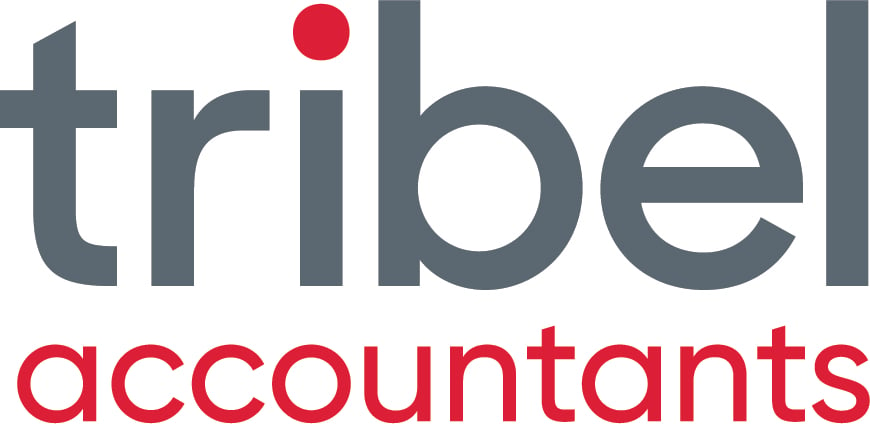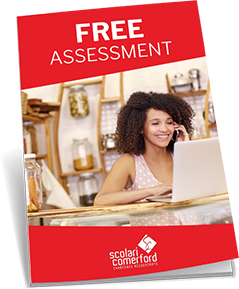INTRODUCTION:
Most people want to sell their business for the maximum price. For some, sale of their business will form a large part of their retirement plans. Therefore as accountants and business advisors it is critical that we continually assess whether a business valuation is likely to be on the way up or if it's on the way down, what needs to be done to address the impairment.
In the past I've talked about what a business valuation should have to increase its value so here are the 5 top things you need to try and avoid to get a similar result.

Figure 1: Not even Batman can save a spiraling business when it comes to higher saleable business valuations. Scolari Comerford Chartered Accountants Sydney & Dubbo
1: Declining Revenue
A business that is on the way out with a history of declining revenues will raise alarm bells to potential purchasers and business valuers. If your business is suffering from this fate, ensure you have a strategic plan that you can show will address the problem.
A business that has customers locked into contracts will also give the purchaser some comfort although this is not always possible.
A natural state for a business with promise is to show signs of growth. I am a firm believer that if you are happy with where it is, the foot can come off the pedal so that your competitors start to get ahead in terms of quality, price and service.
At the very least have a plan to grow your business.
2: Key Person/Staff Turnover
Reliance on key persons (and even you the business owner) is not a great start in itself and ideally a business that doesn't have to rely on key personnell will always have a much better chance of getting a better price because the risk to the buyer is less. However, that said, if you have a history of high staff turnover this will create doubt and make one wonder if there are other problems under the hood.
How stable has your staff employment been? Do you have adequate incentives to keep them or do you have the wrong people on the bus?
3: Lack Of profitability
This is fairly obvious but I often see business owners value their business high because what it has cost them over the years! If you have a business that is not consistently profitable (and don't forget to allow reasonable salaries and other non-arms lengths expenses and revenue in your profit and loss statement), then you should be discussing this with your small business accountant.

Figure 2: Nobody wants to buy a "dog" when assessing profitability.
4: No Evidence Of Budgeting Or Strategic Planning
Many business owners will say that you don't need a plan or a budget because things change. However, you have to start somewhere and then adapt. I am always very suspicious of a business that does not have a short term and long term goal, one that just turns up each day and goes like the clappers.
If I were to sell my business I would like to be able to show a business valuer or purchaser the opportunities and potential the business has coming up and how these will be effected.
5: No Systems Or "How To's"
The more consistent way a business handles it processes through systems and procedures manuals, the more likely it is to be efficient, have better customer service and profitability. It also means that theoretically the business can be taken over relatively easily in the event of an illness or sale. For a potential purchaser this is "gold"!
Do you have a proper systems manual in place for everything from sales, suppliers, purchasers, accounting and finance, WH&S (safety) and employment matters?
CONCLUSION:
Even if you are not selling, ask yourself about the 5 things above when assessing what the answer would be if you had to sell tomorrow.
It's never too late to fix the problems and not only will you improve your value but also you should to see better profitability and cash flow in no time!


.png?width=100&height=100&name=COVID_Safe_Badge_Digital%20(002).png)




